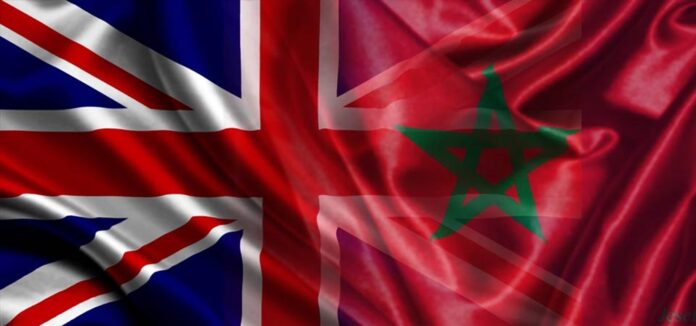The United Kingdom’s recent stance on the Moroccan Sahara dispute marks a significant diplomatic shift—one that Morocco sees as a boost to the political momentum led by King Mohammed VI. That was the key message from Moroccan Foreign Minister Nasser Bourita during a joint press conference on Sunday with British Foreign Secretary David Lammy, who was on an official visit to Rabat.
Bourita described the UK’s position as a major turning point, particularly given Britain’s influential role at the United Nations Security Council and its membership in the Secretary-General’s Group of Friends on Moroccan Sahara. Until now, only the United States, France, and Spain had openly backed Morocco’s 2007 autonomy proposal for the disputed territory. The UK’s endorsement, therefore, carries weight not just symbolically, but strategically.
Bourita emphasized that Britain’s voice, recognized and respected in both European and global institutions, lends further legitimacy to the autonomy initiative. He pointed to tangible prospects, such as the potential involvement of UK Export Finance in development projects in Morocco’s southern provinces, as a clear sign of growing British economic interest in the region.
He made it clear, however, that Morocco doesn’t see this diplomatic progress as an end in itself. Instead, it is part of a broader push toward a lasting resolution of a conflict that has dragged on for over fifty years. According to Bourita, the time is ripe for the international community to rally behind a realistic outcome rooted in Morocco’s sovereignty and grounded in the autonomy plan Rabat put forward.
David Lammy’s visit—his first as Foreign Secretary and the first by a British top diplomat to Morocco since 2011—was received in Rabat as a milestone in bilateral relations. It also coincided with the fifth round of the UK-Morocco Strategic Dialogue, during which both nations discussed a wide range of issues, from regional security to economic cooperation.
In a joint statement released after the talks, the UK described Morocco’s autonomy plan as a “credible, viable and pragmatic” path toward resolving the dispute. London also pledged to align its international actions with this perspective, signaling a deeper and more consistent partnership with Rabat.
The visit reflects a mutual desire to strengthen the longstanding ties between the two monarchies. Bourita noted that Morocco, under King Mohammed VI’s leadership, is actively pursuing more diverse international partnerships—and views the United Kingdom as a key player in that strategy. Both governments are working to expand cooperation across a spectrum of fields, including education, scientific research, defense, security, and investment.
Four agreements were signed during Lammy’s trip, with more expected in the coming days. These developments mark the beginning of what both sides hope will be a new era of cooperation between London and Rabat.





